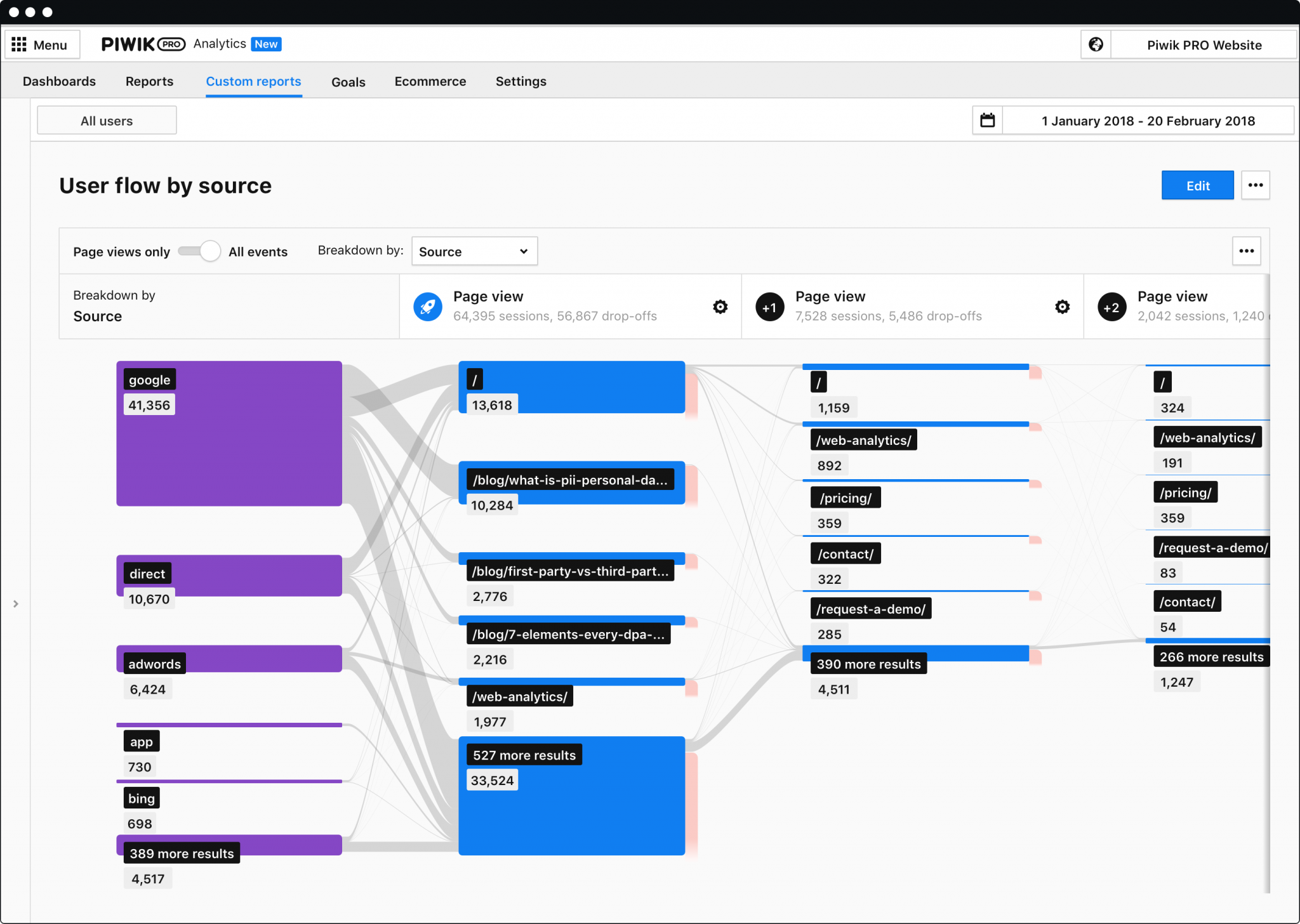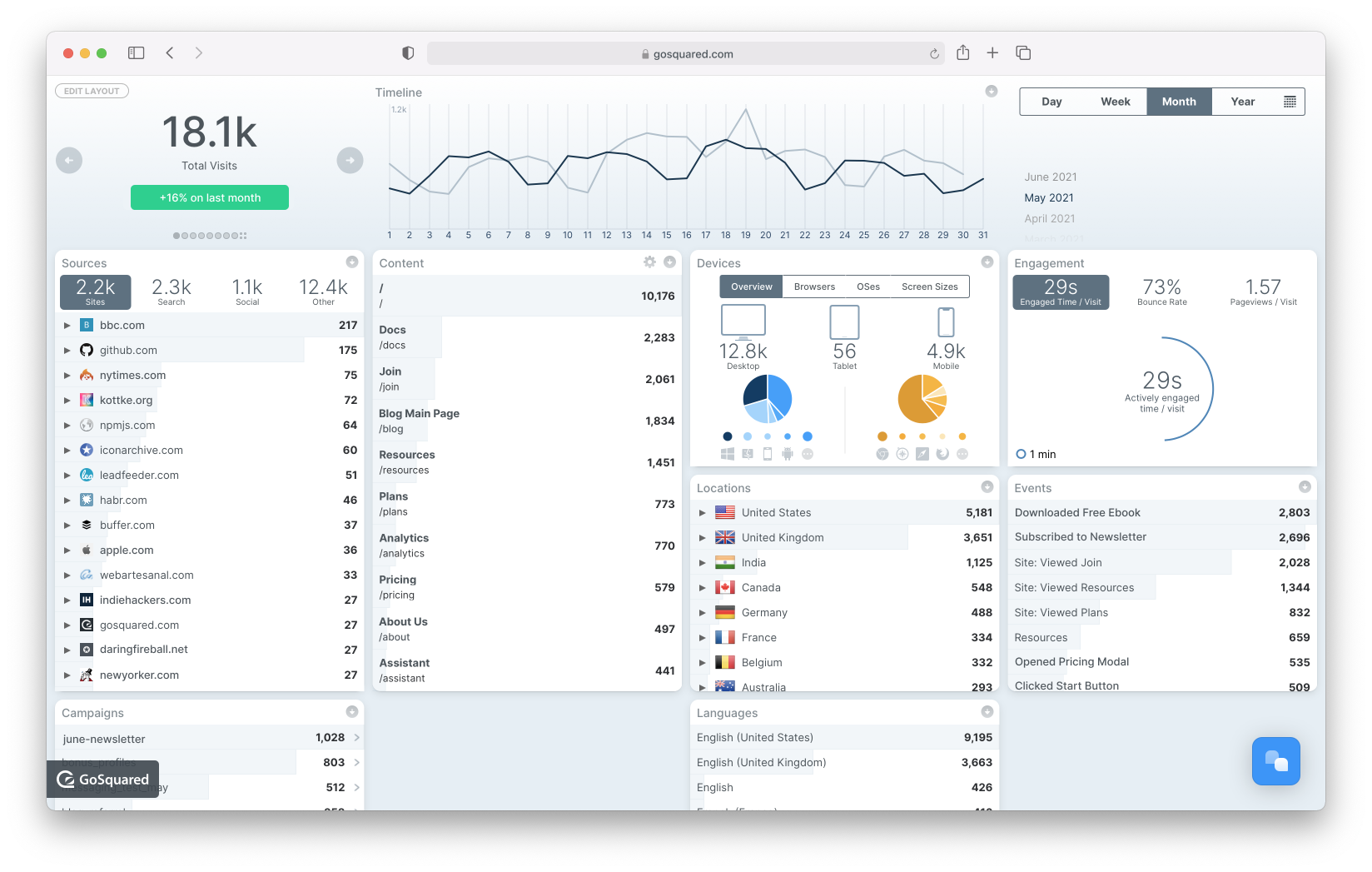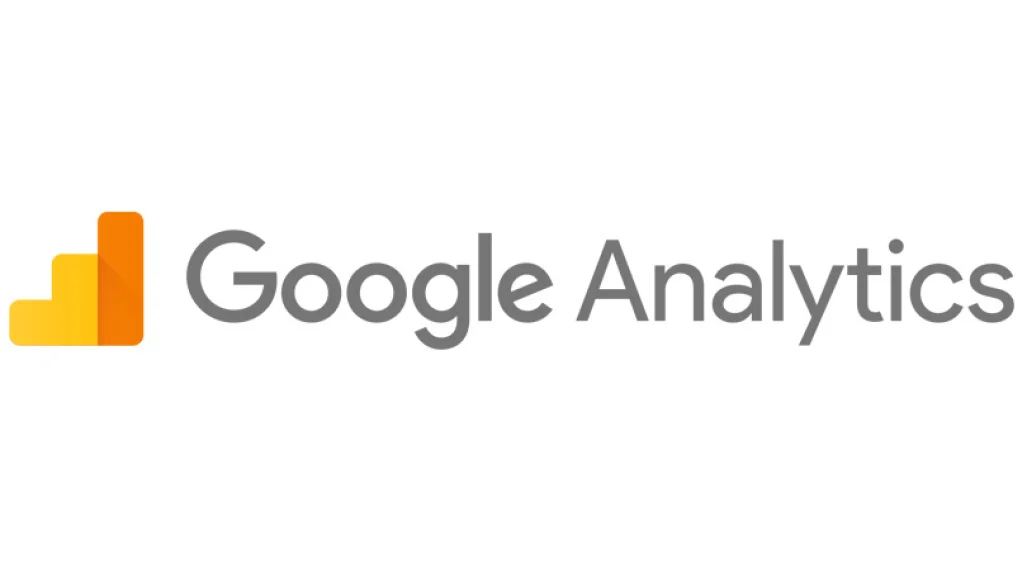In the rapidly evolving digital landscape, understanding user behavior and optimizing online strategies are pivotal for businesses. Google Analytics has long been the go-to platform for web analytics, providing valuable insights into website traffic and user interactions. However, with increasing concerns about data privacy and the need for specialized features, businesses are exploring alternatives. This comprehensive analysis delves into the top Google Analytics alternatives, highlighting their key features, advantages, and ideal use cases.
1. Matomo: Empowering Privacy and Customization

Matomo, an open-source web analytics platform, offers businesses complete control over their data. One of its standout features is its emphasis on data privacy. Matomo allows businesses to host the analytics tool on their servers, ensuring sensitive data remains in-house. Furthermore, Matomo’s robust customization options enable businesses to tailor their analytics according to unique requirements. From event tracking to e-commerce analytics, Matomo provides an array of features for comprehensive data analysis.
2. Adobe Analytics: Comprehensive Marketing Intelligence

Adobe Analytics stands out for its comprehensive suite of marketing intelligence tools. It goes beyond traditional analytics, offering businesses the ability to understand customer journeys, segment audiences, and optimize marketing strategies. With powerful integrations with Adobe’s marketing suite, businesses can seamlessly combine analytics data with marketing campaigns, providing a holistic view of customer interactions.
3. Mixpanel: Event-Based Analytics for In-Depth Insights
Mixpanel focuses on event-based tracking, allowing businesses to gain insights into specific user interactions. This feature-rich tool enables businesses to track events across web and mobile platforms, providing granular insights into user behavior. Mixpanel’s robust reporting and cohort analysis features make it ideal for businesses looking to optimize product features and user experiences.
4. Heap Analytics: User-Friendly Interface and Automatic Tracking

Heap Analytics offers a user-friendly interface coupled with automatic event tracking. This unique feature eliminates the need for extensive manual setup, making it effortless for businesses to start tracking user interactions. Heap Analytics provides insights through heatmaps, allowing businesses to visualize how users interact with their websites. Its simplicity and ease of use make it a popular choice among businesses seeking quick implementation and actionable insights.
5. Piwik PRO: Privacy-Focused Analytics with Compliance

Piwik PRO is a privacy-focused analytics solution designed for businesses that prioritize data security and compliance. With features like customizable reports, heatmaps, and session recordings, Piwik PRO offers businesses the ability to gain insights while adhering to data privacy regulations. Its on-premise deployment option ensures businesses have full control over their analytics infrastructure, enhancing data security.
6. Crazy Egg: Visualize User Behavior with Heatmaps and Recordings

Crazy Egg specializes in visual analytics, offering features like heatmaps, scrollmaps, and user recordings. These visualizations provide businesses with a clear understanding of user behavior, allowing them to optimize website layouts and improve user experience. Crazy Egg’s user-friendly interface makes it easy for businesses to interpret complex data, enabling data-driven decision-making.
7. GoSquared: Real-Time Analytics and Customer Engagement

GoSquared excels in real-time analytics and customer engagement. Its real-time tracking capabilities provide businesses with instant insights into website visitors, enabling proactive engagement. With features like live chat integration and customer profiles, GoSquared empowers businesses to engage with visitors in real-time, enhancing user satisfaction and driving conversions.
Conclusion
In the dynamic realm of web analytics, businesses have a plethora of alternatives to Google Analytics, each catering to specific needs and priorities. Matomo offers unparalleled privacy and customization, Adobe Analytics provides comprehensive marketing intelligence, Mixpanel focuses on event-based insights, and Heap Analytics simplifies user behavior tracking. Piwik PRO ensures compliance and data security, Crazy Egg visualizes user behavior, and GoSquared offers real-time insights and customer engagement.
Choosing the right analytics platform depends on factors like data privacy concerns, required features, and user experience. By understanding the unique strengths of these alternatives, businesses can make informed decisions, ensuring they select the platform that aligns perfectly with their objectives and empowers them to thrive in the digital landscape.
